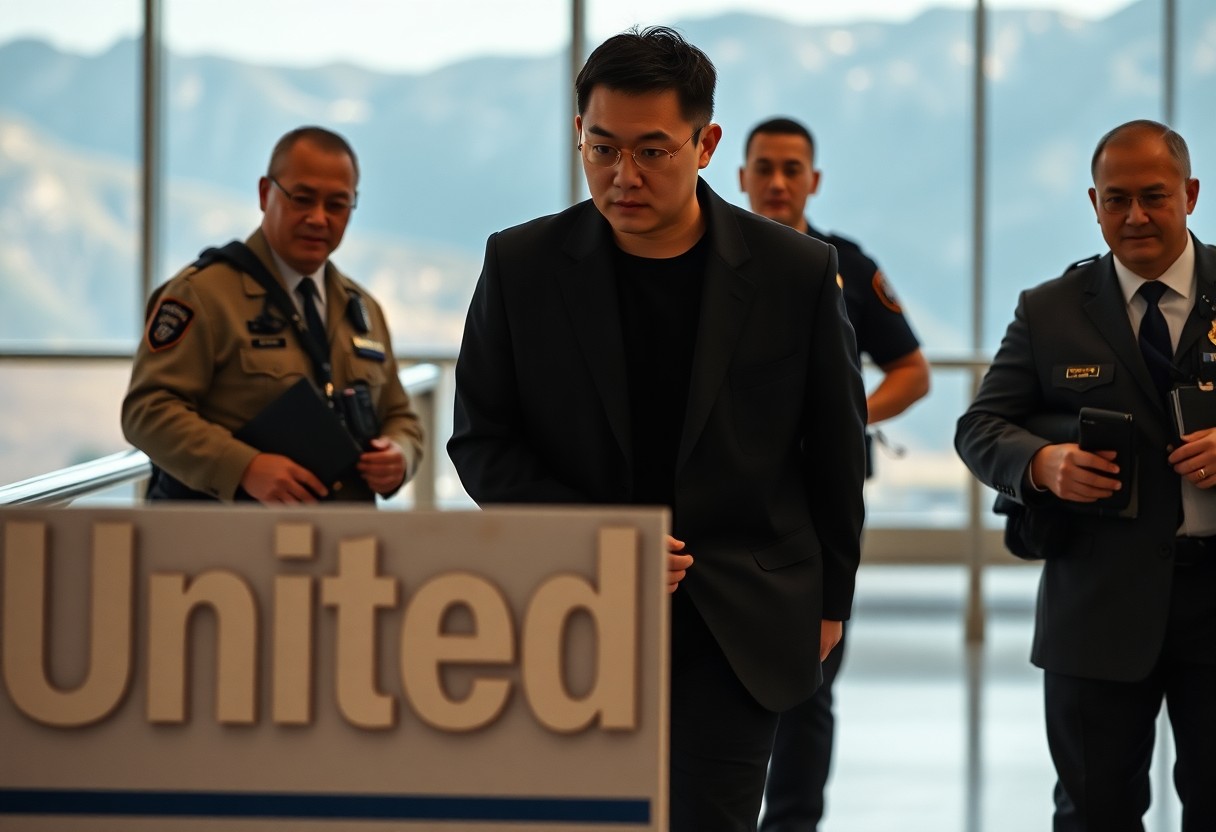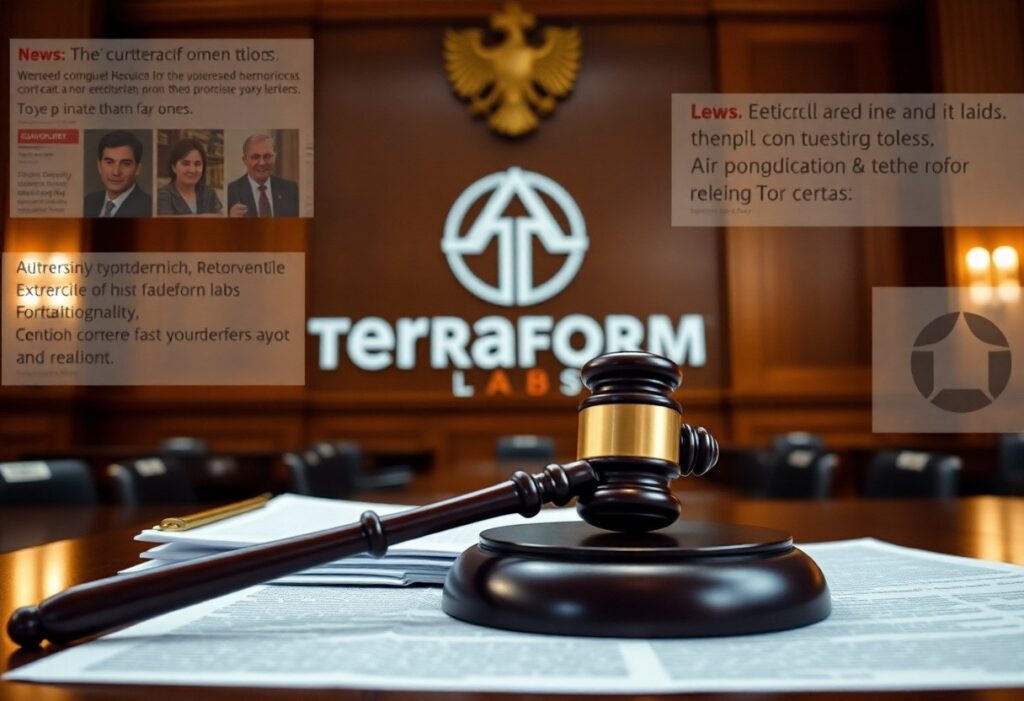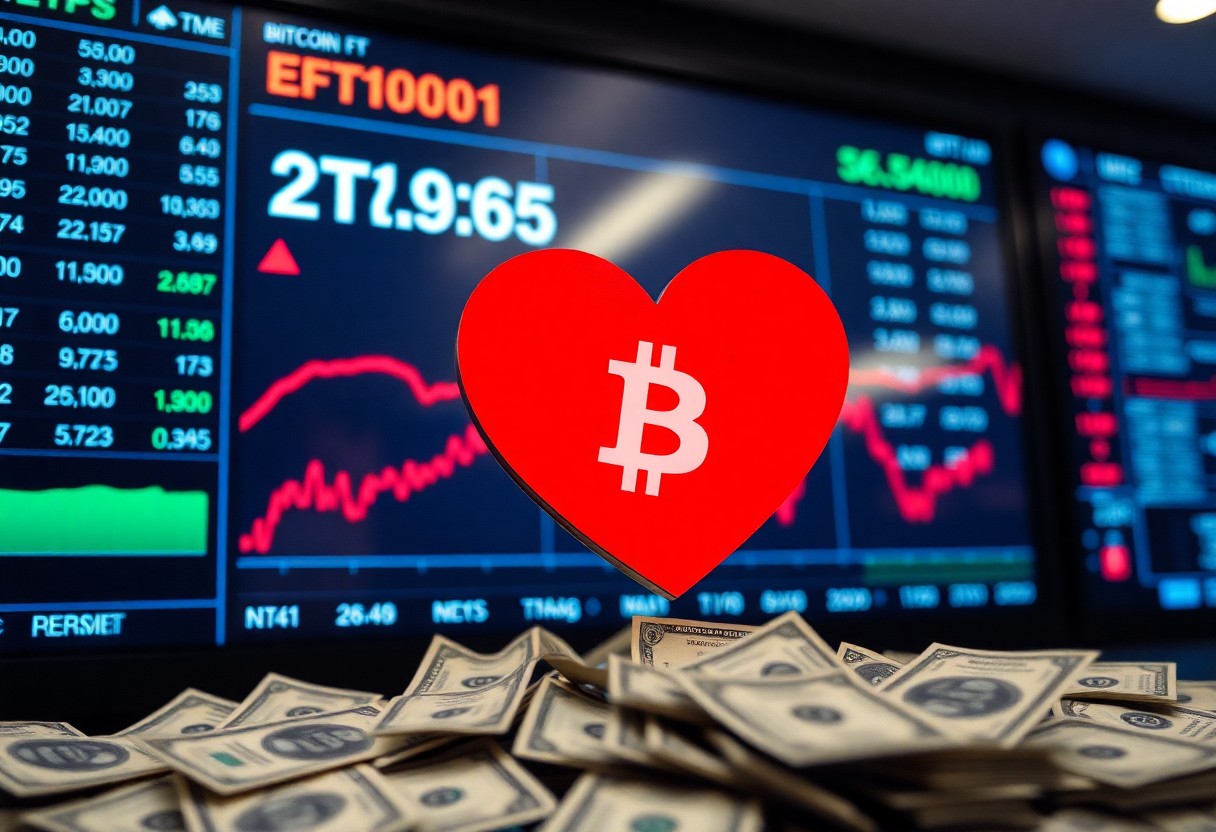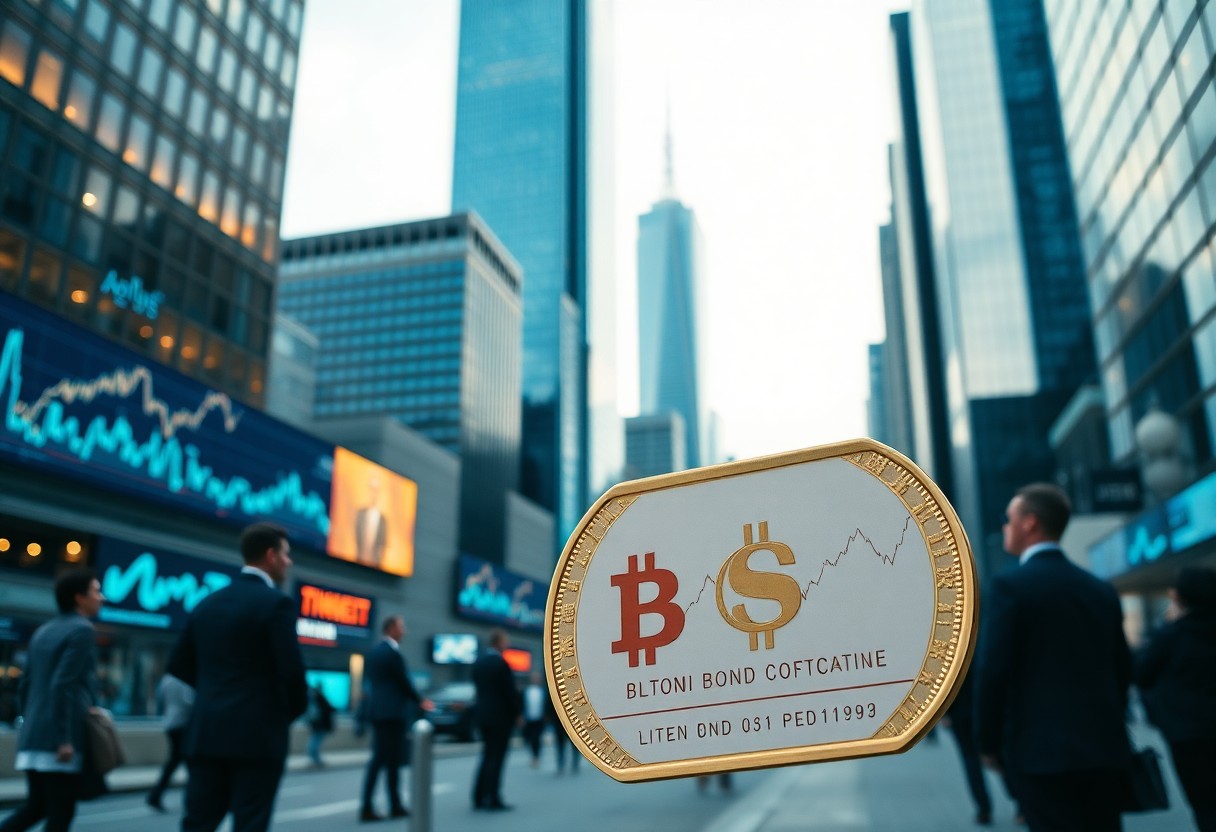Now Reading: Montenegro Extradites Terraform Labs Founder Do Kwon to the United States
-
01
Montenegro Extradites Terraform Labs Founder Do Kwon to the United States
Montenegro Extradites Terraform Labs Founder Do Kwon to the United States

With the recent extradition of Terraform Labs founder Do Kwon from Montenegro to the United States, you might be wondering about the implications of this high-profile case. Kwon, accused of orchestrating a multibillion-dollar cryptocurrency fraud, now faces serious legal challenges as authorities aim to hold him accountable for the collapse of the TerraUSD stablecoin. This event not only highlights the growing scrutiny on the cryptocurrency industry but also serves as a warning to those involved in similar ventures. Your understanding of these developments is vital as they reshape the regulatory landscape.
Key Takeaways:
- Do Kwon, the founder of Terraform Labs, has been extradited from Montenegro to the United States, where he faces charges related to fraud and securities violations linked to the collapse of the Terra cryptocurrency ecosystem.
- This extradition marks a significant step in the legal proceedings against Kwon, who has been a central figure in one of the largest crypto scandals, raising concerns among investors and regulators worldwide.
- The U.S. government’s actions reflect its ongoing efforts to hold accountable individuals involved in financial misconduct within the cryptocurrency space, highlighting the increasing regulatory scrutiny on the industry.
Background on Do Kwon and Terraform Labs
While you may be familiar with the volatility of the cryptocurrency market, the case of Do Kwon, co-founder of Terraform Labs, stands out due to its significant implications. Kwon became known as the ‘cryptocrash’ boss when his stablecoin, TerraUSD, collapsed in May 2022, leading to billions in losses for investors. This event not only rocked the crypto landscape but also raised concerns over regulatory standards. For a detailed account, check out the article on South Korean ‘cryptocrash’ boss Do Kwon extradited to US.
Legal Troubles and Charges Against Do Kwon
A series of legal issues have put you on high alert regarding Do Kwon, the Terraform Labs founder. Your awareness of the charges of fraud and market manipulation is necessary, as these allegations arose following the dramatic collapse of the Luna and TerraUSD cryptocurrencies. You need to understand that the U.S. authorities are pursuing him for his role in this alleged financial misconduct, which wiped out billions of dollars in investments. As his case unfolds, it highlights significant risks in the crypto space and the importance of regulatory oversight.
Montenegro’s Role in Do Kwon’s Detainment
Any discussion of Do Kwon’s detainment must acknowledge Montenegro’s significant role in this unfolding story. Your understanding of the situation highlights how the Montenegrin authorities acted swiftly, apprehending Kwon based on a request from the United States. This decisive action underscores Montenegro’s commitment to international cooperation in law enforcement. The local legal framework allowed for his detention under allegations of fraud and financial misconduct, emphasizing the seriousness of the charges against him. As the extradition process unfolds, your awareness of Montenegro’s involvement becomes increasingly important in grasping the wider implications of this case.
Extradition Process and Legal Proceedings
If you keenly follow the case of Do Kwon, it’s crucial to understand the extradition process that took place. After being detained in Montenegro, Kwon faced proceedings that would eventually lead to his transfer to the United States. The process involved detailed evaluations of legal agreements between Montenegro and the U.S., ensuring that Kwon’s rights were upheld while navigating the complexity of international law. As Kwon’s case unfolds in the U.S., it promises to shed light on the implications for both his future and the broader cryptocurrency landscape.
Implications for the Crypto Industry
One significant outcome of the extradition of Do Kwon is that it sends a clear message to the crypto industry about the importance of regulatory compliance. As you navigate this evolving landscape, you should be aware that increased scrutiny from authorities is likely to follow this high-profile case. Investors may exercise caution, impacting market liquidity and volatility. Additionally, this situation could prompt further calls for improved oversight in the blockchain space, which you may need to keep in mind while making future investment decisions.
U.S. Legal Actions and Potential Consequences
Assuming you are following the case closely, you should know that the U.S. legal system is preparing to hold Do Kwon accountable for his involvement with Terraform Labs. Your understanding of the potential legal actions is vital, as they may range from civil penalties to criminal charges under securities fraud laws. The implications could include hefty fines and even prison time, which could set a significant precedent for other cryptocurrency founders. Staying informed about these developments will give you insights into the evolving landscape of crypto accountability.
Conclusion
Now that Montenegro has extradited Terraform Labs founder Do Kwon to the United States, you can stay informed on how this development may impact the cryptocurrency landscape and regulatory measures. This move raises questions about accountability and governance in the crypto space. For further details, you can read more about the implications of the extradition in the article about Terraform Labs co-founder Do Kwon extradited to US by Montenegro.
FAQ
Q: Why was Do Kwon extradited from Montenegro to the United States?
A: Do Kwon, the founder of Terraform Labs, was extradited to the United States due to allegations of fraud and securities violations linked to the collapse of the TerraUSD and Luna cryptocurrencies. U.S. authorities have been pursuing Kwon, accusing him of orchestrating a scheme that led to significant financial losses for investors. The extradition process was facilitated by legal agreements between Montenegro and the United States, aimed at ensuring that individuals charged with serious financial crimes can face justice in the appropriate jurisdiction.
Q: What are the charges that Do Kwon is facing in the United States?
A: Do Kwon is facing multiple charges in the United States, including fraud, conspiracy to commit fraud, and violations of federal securities laws. The allegations suggest that he misled investors about the stability and backing of Terraform Labs’ cryptocurrencies, ultimately leading to the significant collapse of the company’s assets in mid-2022. The U.S. prosecutors are focusing on the impact of these actions on investors and the overall cryptocurrency market, seeking accountability for the losses incurred during the crash.
Q: What can be the potential consequences for Do Kwon after extradition?
A: Following his extradition, Do Kwon could face serious legal repercussions if convicted of the charges against him in the United States. The potential consequences include significant fines, restitution to affected investors, and a lengthy prison sentence, possibly ranging from several years to decades, depending on the severity of the charges and the court’s ruling. The case could also set a precedent in how cryptocurrency-related fraud is prosecuted, influencing regulatory scrutiny and investor protection measures in the industry moving forward.






















